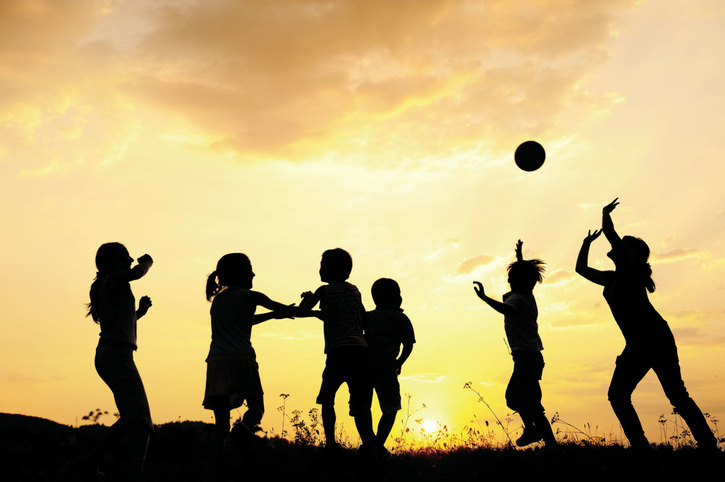|
Note - the following post was written by Chelsea, our Chief Mindfulness Officer and mother of two (ages 10 and 13).
When I took up mindfulness meditation, I wasn’t in the midst of anything crazy. Don't get me wrong, I’d had my fair share of problems (school, work, family, finances, relationships). But, things were going pretty smoothly at the time and I wasn’t seeking a "cure" for my ills or even a way to be more calm. I'd simply met someone who introduced me to mindfulness and it sounded like a good idea. As it turned out, it was a great idea. A few months in, I noticed I was able to focus my attention for longer periods of time and, when challenging situations arose, I didn't have "knee-jerk reactions." Instead, I thought things through before I responded. Circumstances that would usually cause me to stress out or get anxious didn't have as big of an impact on me. And, I spent a lot more time being present rather than dwelling, ruminating, or worrying. My relationships improved, too. I was less judgmental of both myself and others, and I was able to exercise more compassion as a result. I was more patient with my kids, and I took time to stop and enjoy our moments together. I felt less "run down," more energetic, and I was sleeping better. I was healthier and happier. It was like a haze had lifted, and it felt amazing. Not to say I was perfect by any stretch of the imagination. I still forgot some things, and did others "non-mindfully." I still made the occasional snap-judgment about someone or something. And, I still got irritated with my kids now and again. The difference was, I caught myself doing these things. Just a few months before, all of it had been automatic. Now I usually saw things as they started to happen, and I could pause and take notice. I was more aware of myself and my surroundings, and I was more in tune with others. This new-found awareness led me to notice that my previous state of being wasn’t unique to me - most of us are going about our days cruising on autopilot while caught up in our own mental noise. It’s our default mode of operating and, as a result, our behavior is often dictated by the thoughts, emotions, and urges that pop into our heads. Put simply, most of our suffering is self-imposed and caused by flat-out not paying attention. Which is synonymous with not being aware of what our attention is focused on. This state of being is a result of a lifetime of conditioning. By cultivating mindfulness and making a daily habit out of meditation, I was slowly reversing that conditioning and forming better, healthier habits. Realizing all of this made me wish I had made these discoveries sooner, and this made me think about my kids. Mindfulness had turned out to be a game-changer for me, and the sooner it was passed down to them, the better. Like any parent, I want my children to experience peace, happiness, and contentment. I want them to have success, love, and fulfillment in their lives. I want them to be inspired, and to inspire others. Mindfulness - and the awareness it cultivates - is a key ingredient to every hope and dream I have for them. This is what motivated me to create "ARC: mindfulness for children." I wanted to help my own kids become more mindful, but I also wanted to provide a simple and effective way for other parents to introduce mindfulness into their children’s lives. If everyone were more aware (A), resilient (R), and connected (C), what a world this would be! Children experience pressure, self-doubt, and worry just like we do, and it’s important to teach them that they don’t have to get lost in the mental noise that can be so overwhelming. They can become aware, and learn to train their attention instead. This leads to better focus and self-control, improved critical-thinking skills, and higher levels of confidence and compassion. All of this improves their overall health and well-being, and contributes to happiness, peace, and contentment. Mindfulness meditation will help your child with every aspect of their lives - from home, to school, to relationships. It's this very versatility that makes it one of the most important skills you can teach them. If you give them the ability to be mindful, you give them the foundational tool to help them achieve their goals and handle whatever life throws at them. < Learn more about "ARC: mindfulness for children." Comments are closed.
|
